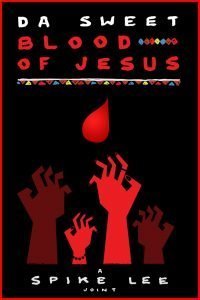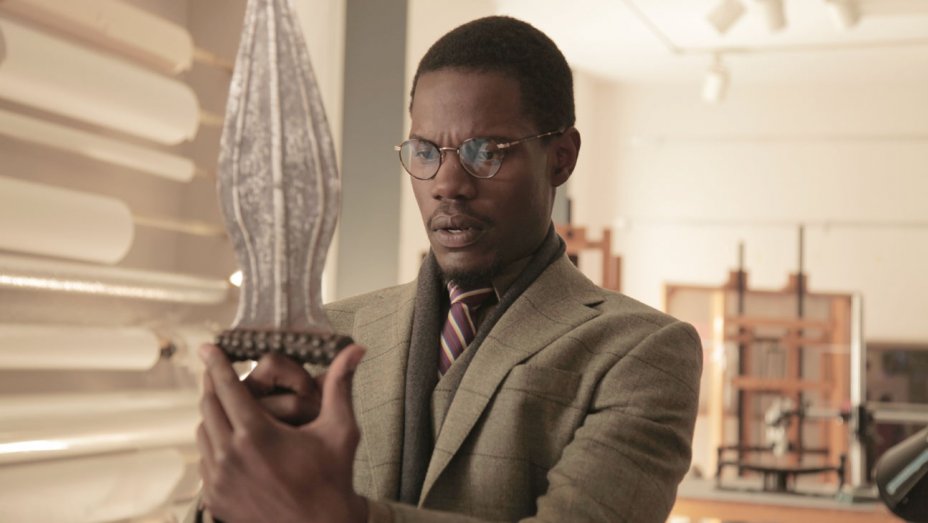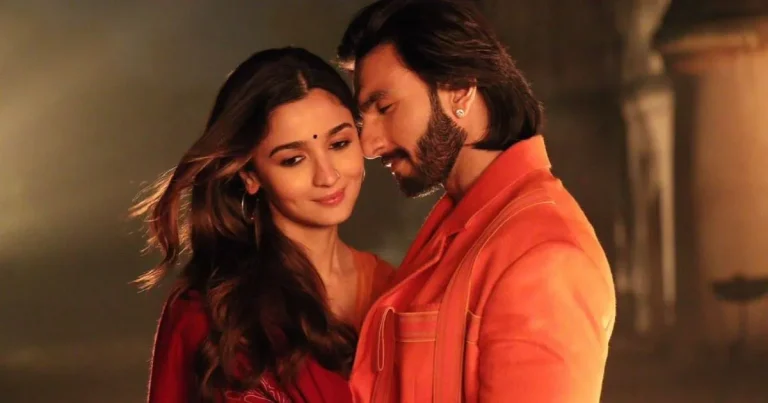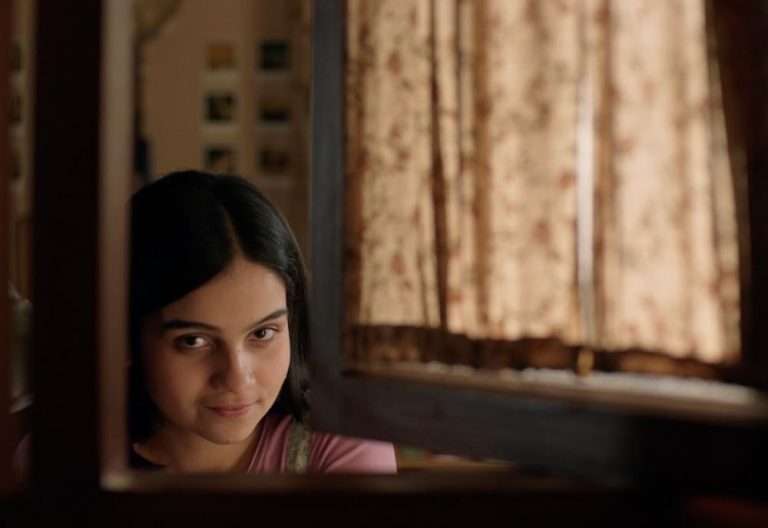Spike Lee has proved himself to be one of the greatest New York filmmakers of his generation, excelling in style, substance, and storytelling. His films approached the intricacies of prejudice, relationships, cultural influence, and the racial structure of America, and did so in a very up-front manner that was heavily stylised, yet entirely life-like. This series brings to light some of the works he directed (and wrote and produced and starred in) in his prolific career, each of which was billed as: A Spike Lee Joint.
Read previous entries for: Jungle Fever, Summer of Sam, She’s Gotta Have It, BlacKkKlansman, Clockers, Bamboozled, Crooklyn, 25th Hour

Of course, she too becomes a vampire and this couple spend the rest of the film trying to quench their thirst for blood. Not your usual realistic culturally relevant Spike Lee joint, and really, it doesn’t feel like this excellent filmmaker is working at his usual level of excellency. It seems ambitious for him to approach a genre film for a change and put his own spin on it, but the end result is a fairly laborious and not particularly intriguing or involving piece of fiction, though the nicest thing you can say is that it at least feels like an original entry in this vampire sub-genre.
One of the main issues it faces is when it tries to make this rushed relationship identifiable, which it at least draws out these two characters, but can’t convince us of their new romance. There is unfortunately the feeling throughout that this film (supported by Kickstarter) was rushed into production, despite Lee having creative control and freedom over this production like any other of his.
Another big issue is the tonal confusion, typified by the unsure scene when Hess finds a clearly suicidal Lafayette trying to hang himself in a tree on Hess’ large property, which is played for astute and deadpan laughs, which is fine, but it’s not in tune with the seriousness of the rest of the film. There’s also the scene where Ganja tells Hess how her father told her as a kid she was doubly fucked in life because she’s a woman and she’s black – given that this is Spike Lee, this scene is unfortunately not meant to be played for ridiculous laughs at the bluntness of such a tear-stained soliloquy filled with identity politics sadism.
Despite the confusion over tone and message, Da Sweet Blood of Jesus is at least often entertaining. Amidst some mostly smooth pacing, the dialogue is oftentimes nicely snarky and written in an upfront manner, with Tess’ withdrawn sense of cynicism matching well with Ganja’s bitchy attitude, and these two actors fantastically fit into these characters. Another enjoyable part of the film is seeing Rami Malek in an early role of his, playing a butler to Hess, who becomes slightly more involved in the story as it goes on, adding even more barely controlled chaos to this blood-sucking situation.
The one scene here that feels the most like Lee working at his usual height shows a gospel song, joyfully repeating the phrase “You’ve got to learn to let it go. You’ve got to know when it’s all over, all over”, which gets a rising performance from each of the singers. It’s a lengthy sequence (though not overlong in my books) and it would’ve fit better in this film it this story was dealing more with “letting it go”, but it still works as its own isolated scene and for once here exemplifies Lee’s masterful skills and his passionate display of religious elation (not to mention it displays some fine sound editing that brings attention to one performer to another).
It’s the confusion over the message and the lack of purpose that Da Sweet Blood of Jesus ultimately comes to that makes it an underwhelming and disappointing watch. This film hasn’t been recognised as a high point of Spike Lee’s career, and it’s no wonder. He’s made some underrated films over the years and decades, but this is one that deserves the extremely light acclaim it’s gotten.



![Paulie Go! [2022] Review – An Incredibly Entertaining Coming-of-Age Comedy](https://79468c92.delivery.rocketcdn.me/wp-content/uploads/2022/05/Paulie-Go-2022-768x431.jpg)
![Anhell69 [2022]: ‘Venice’ Review – A Intimate and Melancholic Portrait of the Young Queer Scene in Medellin](https://79468c92.delivery.rocketcdn.me/wp-content/uploads/2022/09/A69_02-768x432.jpg)


![Scattered Night [2019] – dir. KIM Sol, LEE Jihyoung](https://79468c92.delivery.rocketcdn.me/wp-content/uploads/2019/05/Scattered-Night-2019-High-On-Films-768x425.jpg)
